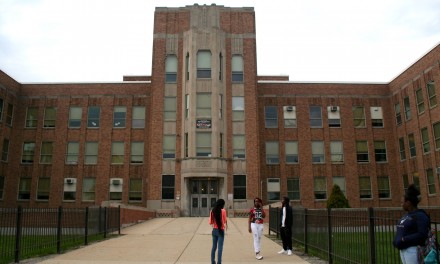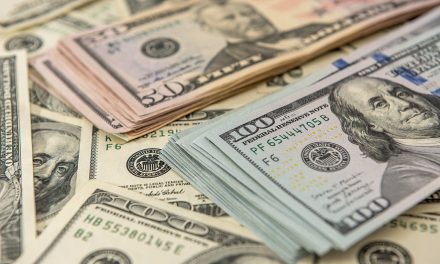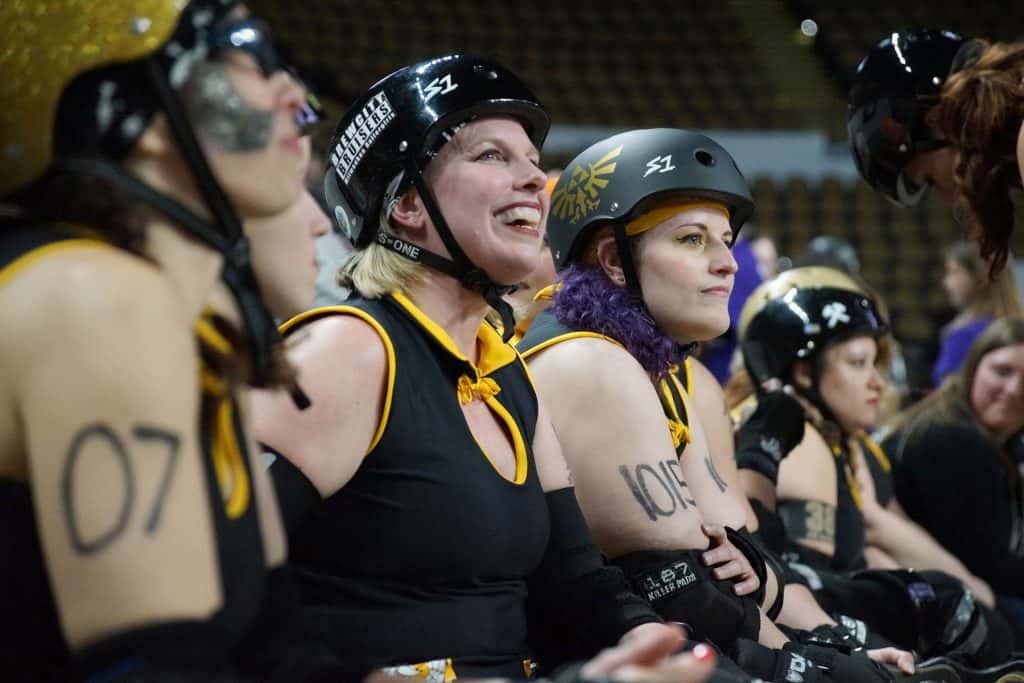
One history textbook exclusively refers to immigrants as “aliens.” Another blames the Black Lives Matter movement for strife between communities and police officers. A third discusses the prevalence of “Black supremacist” organizations during the Civil Rights movement, calling Malcolm X the most prominent “Black supremacist” of the era.
Legislatures and boards of education around the United States are currently engaging in acrimonious battles about how issues of race and equity are taught in public K-12 classrooms. It is the latest culture war in a decades-long fight around whose stories and contributions get highlighted in school. But largely left out of this conversation has been the education provided in private schools, thousands of which have quietly been excluding diverse voices and teaching biased versions of history for years.
While public school textbooks suffer from their own blindspots, an analysis has found that private schools, especially Christian schools, use textbooks that tell a version of history that is racially biased and often inaccurate. These textbooks, used in thousands of private schools, many of which receive tens of thousands of dollars in public funding every year, whitewash the legacy of slavery, frame Native Americans as lesser and blame the Black Lives Matter movement for sowing racial discord.
The analysis comes as backlash around anti-racist education in public schools has reached a fever pitch. About half of states have enacted or are looking to enact restrictions on discussions of systemic racism. In Florida, for example, the state board of education recently voted to ban the teaching of critical race theory and The 1619 Project, a curriculum born out of a New York Times Magazine initiative that seeks to reframe American history through the historical legacy of slavery. In Iowa, the governor has signed a bill broadly banning the discussion of “divisive concepts” in public school, including racism and sexism.
The term “critical race theory,” an academic discipline that examines the ways in which racism operates in US laws and society, has also become a catchall bogeyman term for wokeness run amok, even though experts say they believe the theory is actually used in relatively few classrooms around the country. Conservative critics say that in practice, the theory is designed to make white students feel guilty for the sins of others, a drastic distortion of the academic concept.
Often hidden from public view, though, is how private schools teach these issues. Private schools, unlike public ones, receive little oversight or restrictions when it comes to curriculum. In truth, thousands of private schools are currently teaching history through a racially biased lens.
These textbooks “actually support what critical race theory is trying to argue – that is racism is part of the fabric of American life,” said Dorinda Carter, chairperson for the department of teacher education at Michigan State University and professor of race, culture and equity. “Those textbooks actually further spread racist ideas, that one group is superior over another, one group is more human than another.”
A review was conducted with dozens of textbooks produced by the Christian textbook publishers Abeka, Bob Jones University Press, and Accelerated Christian Education – three of the most popular textbook sources used in private schools throughout the United States. These textbooks describe slavery as “Black immigration,” and say Nelson Mandela helped move South Africa to a system of “radical affirmative action.”
It is unclear how many students are exposed to this type of curriculum in school, though the Abeka website boasts that its books have reached more than 1 million Christian school students in 2017. The Accelerated Christian Education website claims its materials are used in “tens of thousands of schools and innumerable homeschools established in over 140 countries.”
One Accelerated Christian Education high school textbook refers to the Civil War as the “war between the states,” a term ordinarily used by those who romanticize the Confederacy, and says that the “end of slavery in this country was a legitimate goal, but much was done in the name of abolition that was as evil as the institution of slavery itself.” It contains a section titled “Black immigration,” referring to slavery, which notes: “Not all immigrants have come to America willingly.”
Another textbook, after debating the cause of the “War Between the States,” authors describe the positive legacy of the Civil War.
In the ravages of lives and families being torn apart, believers found – in the north and south alike – new strength in God. The south suffered greatly both from the war and the period of reconstruction that followed but ‘de land ob cotton’ rose from the ashes to become the bible belt, a part of the country that has continued to stand firm on the fundamentals of Christian faith.”
A 2017 investigation found that at least one-third of all private voucher schools throughout the country use curricula from one of these three sources – Abeka, Bob Jones University Press or Accelerated Christian Education – amounting to about 2,400 schools. The investigation did not account for the many private schools around the country that use these textbooks without voucher programs.
Instead of focusing on the horrors of slavery, the Accelerated Christian Education book sympathizes with the southern landowners who had to learn a new way of life after the war:
Under radical reconstruction, the south suffered. Great southern leaders and much of the old aristocracy were unable to vote or hold office. The result was that state legislatures were filled with illiterate or incompetent men. Northerners who were eager to make money or gain power during the crisis rushed to the south … For all these reasons, reconstruction led to graft and corruption and reckless spending. In retaliation, many southerners formed secret organizations to protect themselves and their society from anarchy. Among these groups was the Ku Klux Klan, a clandestine group of white men who went forth at night dressed in white sheets and pointed white hoods.”
Ed Countryman, distinguished history professor at Southern Methodist University, says the textbook appears to identify more with the citizens who were fighting to preserve slavery than the victims of an inhumane system.
“The South had waged a huge struggle to preserve an essentially evil system and the rest of the world knew it,” said Countryman. “When it’s over, yeah, the south was devastated – so was Nazi Germany after 1945.”
A representative from Accelerated Christian Education did not respond to a request for comment. A representative for Bob Jones University Press did not respond to a request for comment, and a representative from Abeka declined to comment.
The other two textbook publishers, Abeka and Bob Jones University, took more pains to describe the horrors of slavery, but their history books still avoid reckoning with the impact of race and racism.
A Bob Jones world history textbook paints the religion of Islam as violent, with one section titled “Islam and murder.” An Abeka 11th-grade history textbook passage describes slavery in purely economic terms, ignoring its human costs, writing that “slaves seemed to be better investments than indentured servants.” As the Abeka textbook moves to modern history, the authors criticize President Barack Obama for harming race relations in the country.
Unfortunately, Americans’ views of race relations declined after Obama came into office. Race riots in places such as Ferguson, Missouri, and Baltimore, Maryland, greatly escalated racial tensions and worsened strife between minorities and local police,” the textbook reads. “President Obama’s attempts to resolve these problems often seemed to make the situation worse.”
Yet another Abeka high school history book echoes that analysis, blaming the Black Lives Matter movement for strife with law enforcement.
Groups such as black lives matter (BLM) sharpened the divide between police and citizen, and black and white, with divisive rhetoric,” says the textbook.
These textbooks also treat same-sex relationships as a matter of biblical immorality. Under a section called “Cultural Decay,” an Abeka history textbook says that “increased acceptance of homosexuality” has been a result of declining “American family values,” noting that such acceptance increased during the Obama administration.
Public schools also take different approaches to teaching these issues, based on location and state curriculum standards. Another analysis of public school textbooks found that there are subtle differences in how textbooks used in places like Texas teach issues of race and gender compared with California. Public school textbooks overall take a far more multicultural, fact-based and objective approach to teaching history than the Christian textbooks.
These textbooks teach history from an evangelical perspective and have been around for decades, working to stoke fears about secular society, and more specifically, what goes on in public schools, says Adam Laats, a professor at Binghamton University who studies the history of American education has researched these publishers. Those who are fighting for bans of critical race theory in schools are in some ways building on that legacy.
“The heart and soul of the anti-CRT outburst is this anxiety of the changing protagonists in the story of American history,” said Laats. “I think that’s what captures part of what these textbook manufacturers have been doing forever with American history.”
Rеbеccа Klеіn
Portions originally published on The Guardian as The rightwing US textbooks that teach slavery as ‘black immigration’
Help deliver the independent journalism that the world needs, make a contribution of support to The Guardian.














